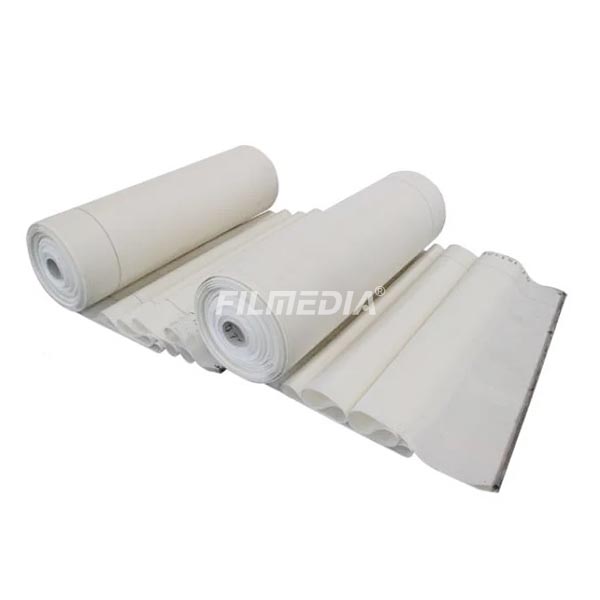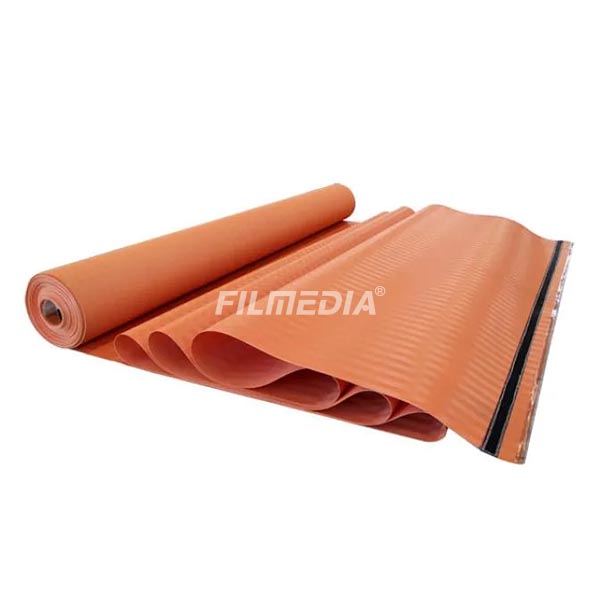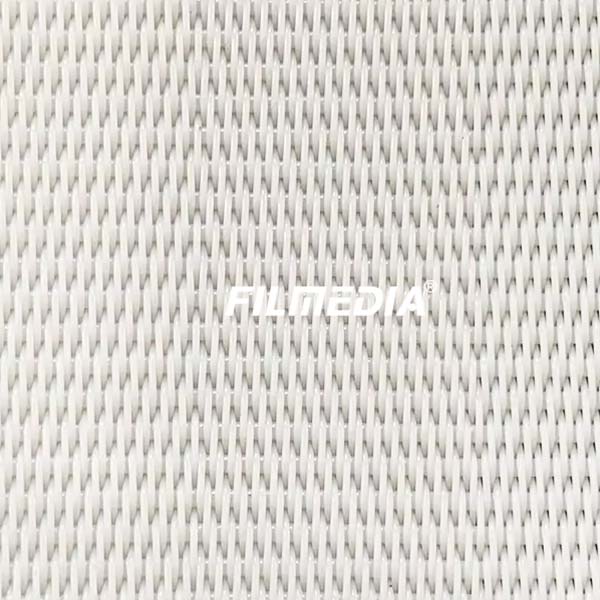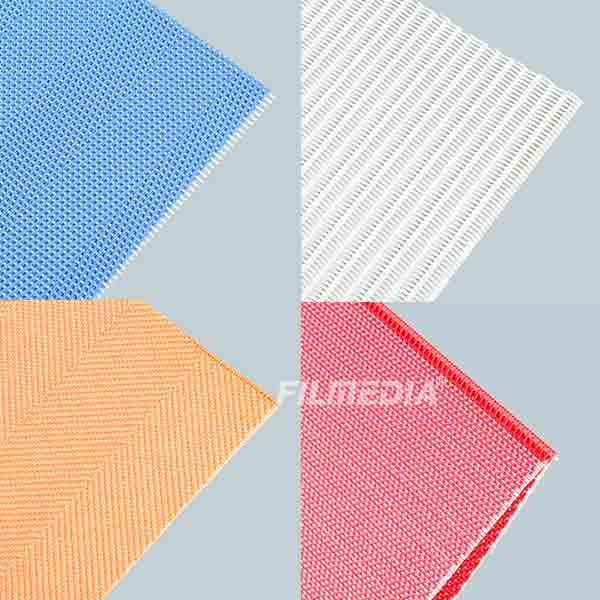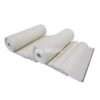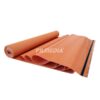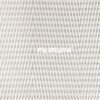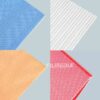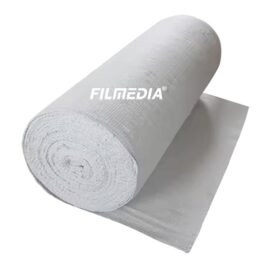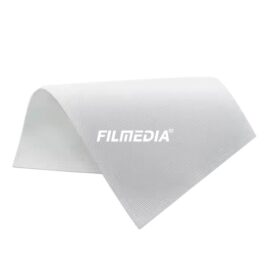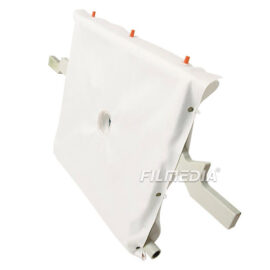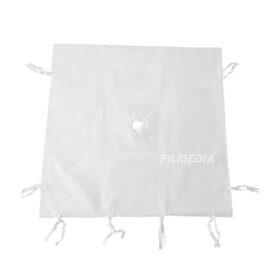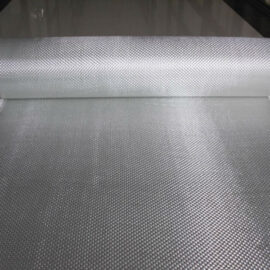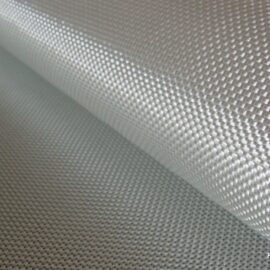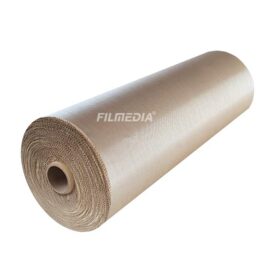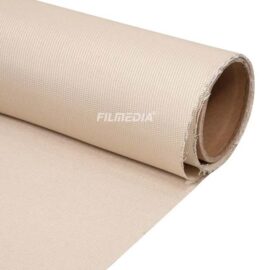Belt filter cloth is a type of fabric used in industrial filtration processes, especially for solid-liquid separation. It is designed to support the filtration process in belt filter presses, which are widely used in various industries such as wastewater treatment, mining, paper production, and food processing. They are mostly made of synthetic fibers with good filtration properties and durability.
- Material: PP(Polypropylene), PET(Polyester) , Nylon, etc.
- Weaving Methods: Plain, Twill, Satin.
- Cloth Codes Most Widely Used: PDW series, EDW series.
Description
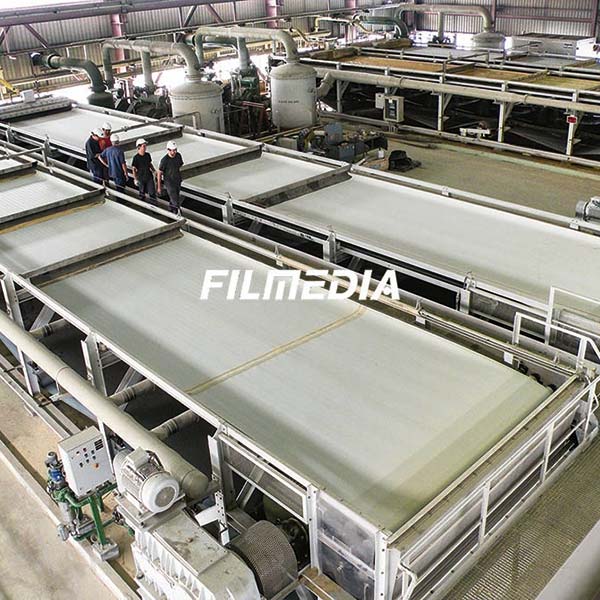
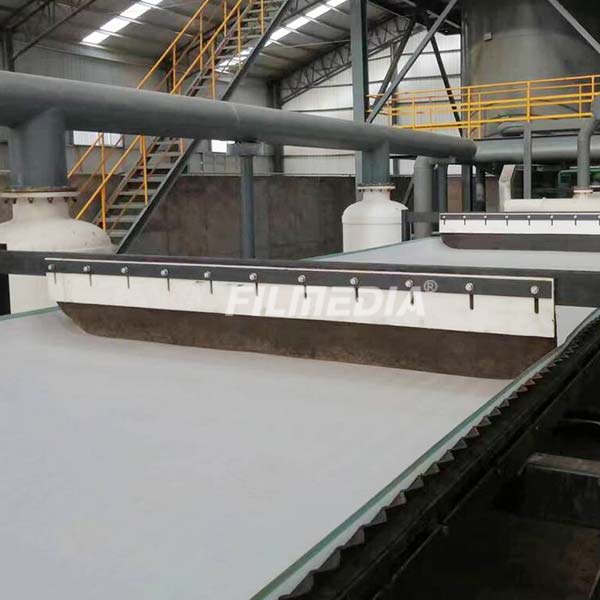
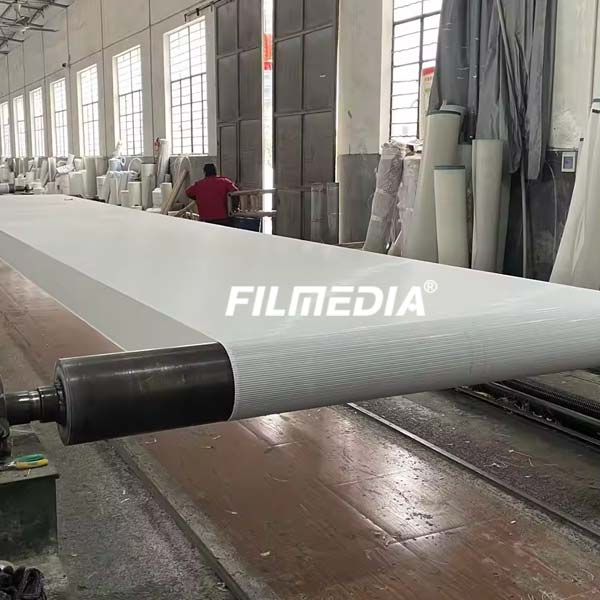
Woven filter cloth is a material that can be used for filtration and separation, with a wide range of applications in various industries, including metallurgy, chemical, non-ferrous metal, food processing, and more. The fabric weave is how the warp and weft yarns are interlaced, The repeat is the smallest weave unit, when repeated, will produce the design required in the fabric.
There are Three Basic Weaves for Belt Filter Cloth
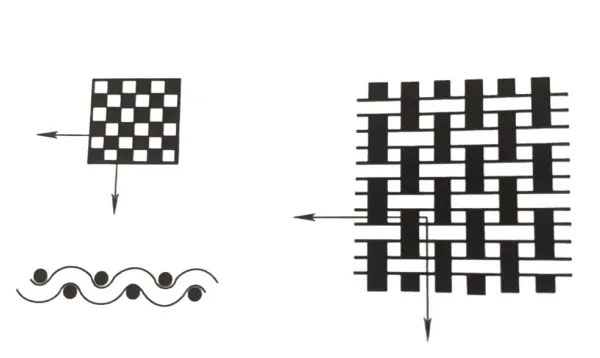
The plain weave is the simplest and the most used weave. Each warp yarn passes alternately over one and then under one weft yarn, Two adjacent warp yarns interlace the exact opposite, Therefore, the plain weave makes one repeat by two ends and two picks, There is only one plain weave, but there are many different twill and satin weaves. Unless colors is printed onto the surface, plain weave fabrics are generally considered to be reversible.
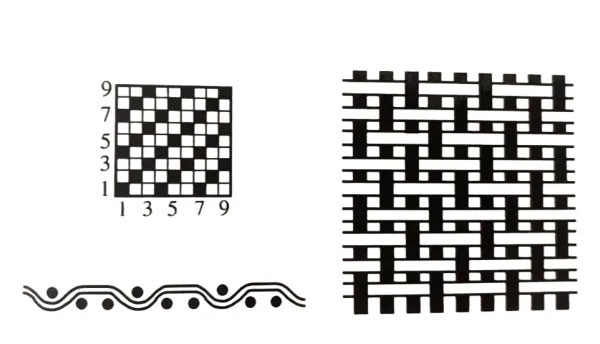
The twill weave is characterized by a diagonal line on the cloth . In a right hand twill, the diagonals run upward to the right. In a left hand twill, the lines run upward to the left. Filtration cloth for belt filter press yarns used in making twill weave fabrics frequently are tightly twisted and exhibit good strength, In general, twill weave fabrics are strong and durable.
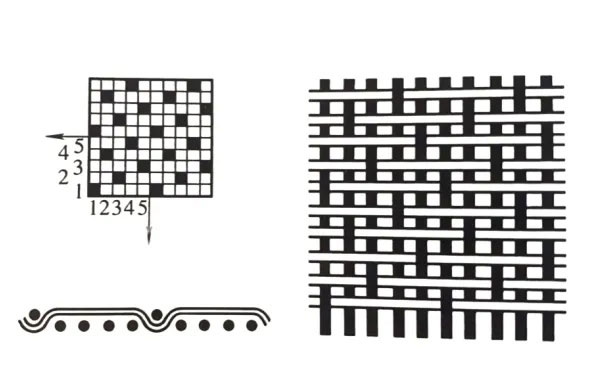
Satin weaves are characterized by having long floats of either warp or weft yarn and nonadjacent interlacing points. Filtration cloth for belt filter press the satin weave fabric has a smooth and lustrous surface, However, the long floats tend to be snagged and abraded easily, Thus, satin fabrics are not as durable as plain or twill weave fabrics.
The Uniqueness of Filmedia® Belt Filter Cloth
Our Double Layer Weave fabrics are designed for belts filter. Double weave technology combines fine filter fabric laminated with sturdy supporting fabric. Best filtration results and enhanced lifetime is achieved by combining the functions of a fine filtration layer and a support drainage layer. This concept is recognized as being the most successful standard for vacuum belt filters.
- Best permeability due to optimal fabric design.
- Wide range of pore sizes (7-150 µm).
- Optimum particle retention, due to special pore structure.
- Excellent cake release, resulting from the special surface treatment of the fabrics.
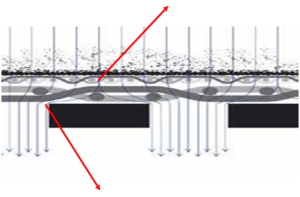
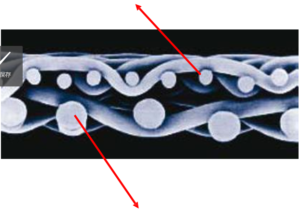
Diagrammatic Sketch


Applications
- Chemicals: Polymers, silicates, pigments, fertilizer, sulfuric acid, PTA, phosphoric acid, soda bicarbonate, zeolite, catalysts.
- Minerals: Phosphoric rock washing, rare earth, tailings, iron, zinc, coal, copper.
- Life science: Active pharmaceutical ingredients, nutraceuticals, agrochemicals, intermediates.
- Food: Caffeine, coffee, glutamate, citric acid, starch, gluten, lecithin, spirulina.
- Environmental: Flue gas desulfurization, fly ash, wastewater, coolant purification.
Technical Parameters
| Product Code | Material | Yarn Type | Weight (g/m²) | Thickness (mm) | Air Permeability (L/m²/S @200pa) |
| ES-PDW-08 | PP | Mono/Mono | 630 | 1.1 | 40 |
| ES-PDW-20 | PP | Mono/Mono | 630 | 1.1 | 80 |
| ES-PDW-30 | PP | Mono/Mono | 550 | 1.1 | 200 |
| ES-PDW-50 | PP | Mono/Mono | 550 | 1.1 | 400 |
| ES-PDW-85 | PP | Mono/Mono | 550 | 1.13 | 600 |
| ES-PDW-120 | PP | Mono/Mono | 550 | 1.15 | 1200 |
| ES-PDW-150 | PP | Mono/Mono | 770 | 1.5 | 1500 |
| ES-EDW-30 | PE | Mono/Mono | 1000 | 1.15 | 200 |
| ES-EDW-40 | PE | Mono/Mono | 1000 | 1.15 | 300 |
| ES-EDW-50 | PE | Mono/Mono | 1000 | 1.15 | 400 |
| ES-EDW-85 | PE | Mono/Mono | 1000 | 1.15 | 600 |
| ES-EDW-120 | PE | Mono/Mono | 1000 | 1.2 | 1000 |
| ES-EDW-150 | PE | Mono/Mono | 1000 | 1.2 | 1200 |
